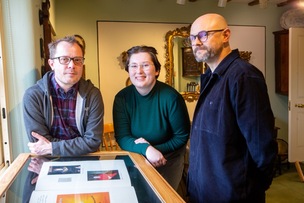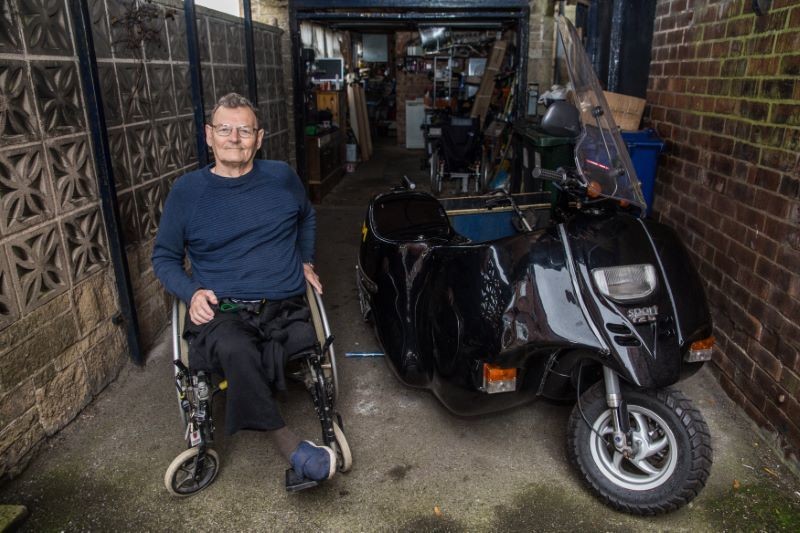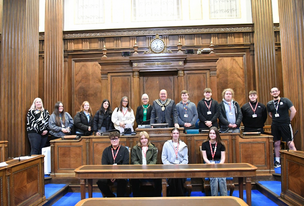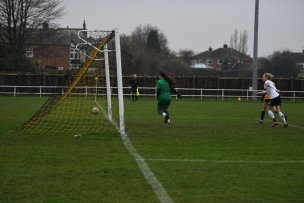DOCTORS had to amputate a paraplegic pensioner’s leg and hip after attempts to treat his severe pressure sores using flesh-eating maggots and antibiotics failed.
Colin Hardy, 76, of Dodworth Road, Barnsley, is taking legal action against South West Yorkshire Partnership NHS Foundation Trust after being left with 12 pressure ulcers, also known as bedsores, which doctors told him were the worst they’d ever seen. One of them was the size of a side plate and exposed his bone.
Sore are injuries to the skin and tissue and are caused by prolonged pressure on the skin. He was given six treatments where maggots were deliberately put into his wound to try and get rid of the infection.
But his leg and hip could not be saved, and doctors told him he would die unless they were amputated.
Colin is now confined to a bed all day, except for three hours when he is allowed in his wheelchair. He still has a pressure sore on his right hip, which he says is slowly healing.
Colin, who has been paraplegic since 1998 after a blood clot severed his spinal chord, said: “In effect I had two useless legs, I thought if they take my leg and hip it won’t make much difference. But it does, it affects your sense of balance.
“I feel different. One difference is the time I’m allowed to spend up I can have three hours so I’m not putting too much pressure on my spine, or the wrong parts of me. My family has kept me going.”
Colin said he was first visited by district nurses in April last year because he had two pressure ulcers the size of a 2p coin, one on each hip.
But he said after four weeks, he and his family started to notice a terrible smell. He said the district nurses would change the dressings, but after seven weeks, the smell was unbearable.
Colin said this smell was only noted by the nurses on one occasion, and he was not given any antibiotics which was what he needed. He underwent maggot treatment in Barnsley Hospital. He said staff were amazed at his wounds and photos were taken and used for training purposes.
He was eventually admitted to Sheffield Northern General Hospital in August last year where he spent another four-and-a-half months and underwent the amputation.
Colin only saw photos of his wounds, and said: “I didn’t feel very good when I saw them. I was alarmed at the state of these wounds. You could see the bone, disintegrating bone.”
Colin was placed on an inflatable bed to help prevent him from constantly being in one position. He was only allowed to get up for one hour a day. I was on antibiotics and all sorts. My dressings were changed every day and I was on the bed all the time. At the end of September, they came and told me that the antibiotics were not working.
“The consultant came and saw me and said they had done everything they could. They told me the options and I was left to dwell on it, but I made my mind up straight away. If I wanted to live, they had to take my left leg and hip off. Everyone said I had made the right choice.”
Colin said there had recently been a mix-up which led to a district nurse from the same team coming to his home.
He said: “One of the conditions when I came out of the Northern General was that none of the district nurses who saw to me before were allowed to touch me. I explained it would be wrong for the nurses to come and treat me when it was in the hands of a solicitor.
“As soon as she said she was from there, it was a no-no. She had to report back to her manager.
“What I’ve got now is nurses from all different areas coming. In the last five days I’ve had three different district nurses come.
“The damage, particularly to my left leg, was enough to make me change my attitude.
“When I saw how bad it was, we decided not to let it happen again.”
Sean Rayner, district director, said: “It is always concerning when patients and their families feel that our care has fallen short of expected high standards.
“We have a robust, open and transparent procedure to investigate complaints and learn lessons where we need to. Our community services in Barnsley are rated as ‘good’ by the Care Quality Commission.”




























